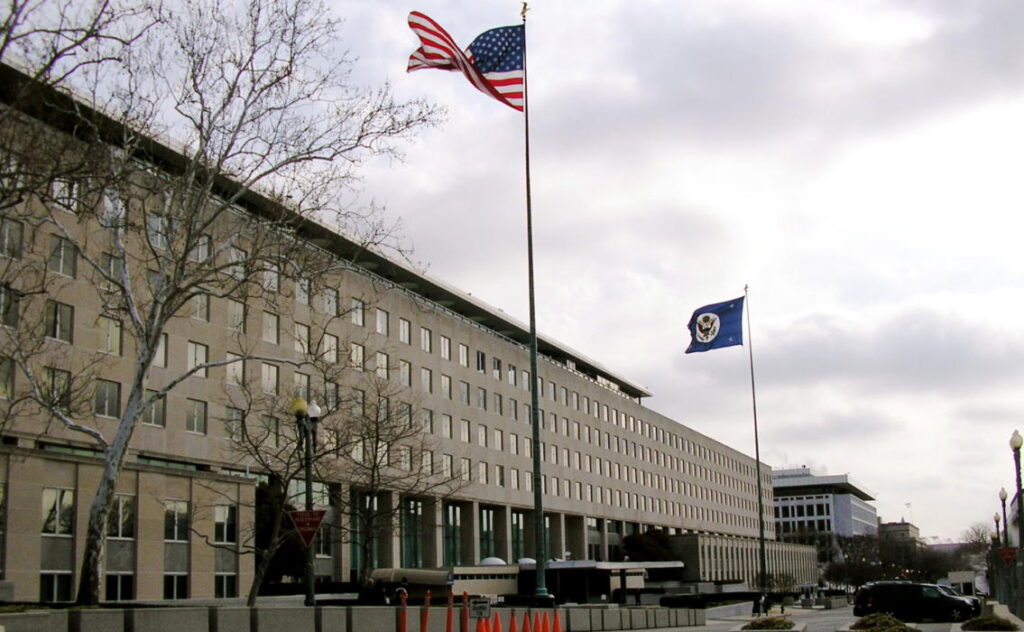Over the weekend, I got into a couple of discussions on the Intertoobz about politics and warfare: the same or different? Discuss.
I come down on the “different” side; and given the number of war metaphors and analogies we’ll all hear and use this election season, I thought I’d lay down a marker here for why they’re different.
Probably the best known statement arguing for their similarity is from Clausewitz: “War is the continuation of politics (or policy) by other means.” And judging from the language commonly used to describe American elections, you can see why it’s a widely held view. (E.g., Opposing “campaigns” will “target” “battleground” states with both an “air war” and “ground forces”. “War rooms” will plot offensive and defensive “strategy”, as well as “tactical strikes” on the opponent’s perceived weaknesses.)
British military historian John Keegan begs to differ. Keegan argues, in effect, that “war is the continuation of culture by other means”. In other words, how societies both view and wage war is an outgrowth and continuation of their cultures. Furthermore, war is what happens when politics fails.
Ed Kilgore and his colleagues at The Democratic Strategist took a slightly different view of the debate in a recent strategy memo in which they argued that extremist political parties “embrace a view of “politics as warfare” and of political opponents as literal “enemies” who must be crushed.” They immediately go on to note that “(e)xtremist political parties based on the politics as warfare philosophy emerged on both the political left and right at various times in the 20th century in many different countries and circumstances”, before going on to assert that the contemporary Republican Party—unlike the Republican Party of 20, 40 or 60 years ago—has increasingly met the definition of an extremist political party.
“In the politics as warfare perspective a political party’s objective is defined as the conquest and seizure of power and not sincere collaboration in democratic governance. The party is viewed as a combat organization whose goal is to defeat an enemy, not a governing organization whose job is to faithfully represent the people who voted for it. Political debate and legislative maneuvering are seen not as the means to achieve ultimate compromise, but as forms of combat whose objective is total victory.”
“…in the politics as warfare perspective it is a legitimate strategy for a political party to paralyze the workings of government in order to prevent a democratically elected government of an opposing party from implementing the platform on which it was elected. In the politics as warfare perspective the extremist political party accepts no responsibility for stability– engineering the failure of the existing government is absolutely paramount and any negative consequences that may occur in the process represent a kind of “collateral damage” that must be accepted as inevitable in warfare.”
War is, as the old saying goes, “not healthy for children and other living things”. All the more reason to defend the ancient and honorable notion of politics as fundamentally being about how we talk with one another, how we negotiate and compromise, for the purpose of governing ourselves and living together. (h/t Aristotle)
Crossposted at: http://masscommons.wordpress.com/
